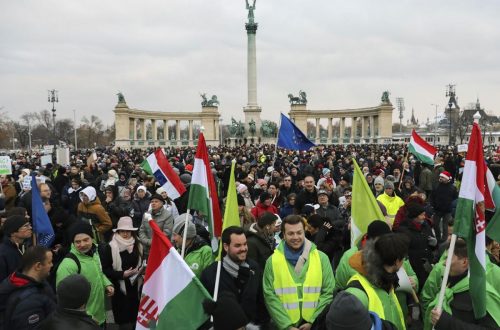Back in the ‘bad old days’, if you were accused of a serious ‘political’ offence – say, blowing something up – it used to be difficult to find a solicitor or barrister to represent you. Barristers, at least, were supposed to be subject to the ‘cab rank’ rule, which required them to take any case within their field of practice, as long as they were free.
Trouble was, for the bomber or the freedom fighter, the best establishment barristers never were free. And the solicitors were far from sympathetic.
So began the tradition of the “radical lawyer”: sometimes established in firms or chambers organised along socialist lines, and sometimes not. For them, law was an extension of the revolutionary struggle. They were heroes. They were sexy.
That is why I find this vignette, from a longer profile of Gita Sahgal, so profoundly depressing:
To say the past week has been a difficult one for Sahgal would be an understatement. She fears for her own and her family’s safety. She has — temporarily at least — lost her job and found it almost impossible to find anyone to represent her in any potential employment case. She rang round the human rights lawyers she knows, all of whom have declined to help citing a conflict of interest. “Although it is said that we must defend everybody no matter what they’ve done, it appears that if you’re a secular, atheist, Asian British woman, you don’t deserve a defence from our civil right firms,” she says wryly.
So no one in the human rights world wants to cross swords with Amnesty: that’s no surprise and least of all to Sahgal. “I know the nature of what I’m up against,” she says. “I didn’t do what I did lightly.”
There is also this:
“But a victim can also be a perpetrator,” she says. “It’s a very simple thought.”
This is something that has troubled her for many years. Some years ago, before she joined Amnesty’s staff, she was asked by the organisation to speak alongside a man whose son had been arrested during an insurgency in northern India: “His son had disappeared and he’d gone from police station to police station looking for him. It was a very moving story and it was hard not to cry. He was coming to thank Amnesty for the postcards they’d written and the letters they’d sent to the government. He felt his son owed his life to that, and that, of course, is the power of our work.
“The problem was that he was surrounded by men who were clearly Sikh political activists, allied to the group which assassinated Indira Gandhi. A perfectly well-meaning person had invited me to speak on a platform beside a perfectly genuine victim but hadn’t paid any attention to who accompanied him.”
Now, for flagging up this sort of error, Sahgal finds herself out in the cold.
The thing is, it is unthinkable that a human rights organisation would compromise itself with supporters of any other sort of radical and sectarian political movement other than Islamism. That is because some on the Left have decided that jihadism is a form of anti-capitalist resistance. So it gets a pass.
As Gita says:
The bigger picture is how human rights organisations — and society more widely — should view Islamic radicals. There has been much debate over whether, spurred by a sentimental knee-jerk anti-Americanism, white liberals have sympathised with Islamic radicals, thereby implicitly tolerating their intolerance, particularly towards women. “For me that’s a form of racism,” says Sahgal, “because what it does is wipe out the experiences of the people they oppress. And it’s not helped by a discourse about a ‘clash of civilisations’, which elides jihadi ideologies and treats them as normal Muslim thinking. That’s devastating for ordinary Muslims.”
This is a disaster from which Amnesty must rapidly extract itself.
Gita Sahgal isn’t the only one at Amnesty who thinks that this is so. The Sunday Times also has a leaked internal memo from Sam Zarifi, Amnesty’s Asia Pacific director, in which he says:
“We should be clear that some of Amnesty’s campaigning … did not always sufficiently distinguish between the rights of detainees to be free from torture and arbitrary detention, and the validity of their views,” says Zarifi in the email, sent to his staff and dated February 10. Zarifi advised Amnesty to consider its working relationships with activists more carefully.
…
“We did not always clarify that while we champion the rights of all — including terrorism suspects, and more important, victims of terrorism — we do not champion their views.”
…
“The organisation had taken steps to clarify that it did not in any way support all, or even many, of Moazzam Begg’s views. Obviously we did not do enough to establish this in the public sphere. We can and should publicly admit this mistake and move on and ensure we do not make the same mistake again.”
Yes, they should.
Defend the rights of all the Beggs of this world. But no more Begg on Amnesty platforms.


